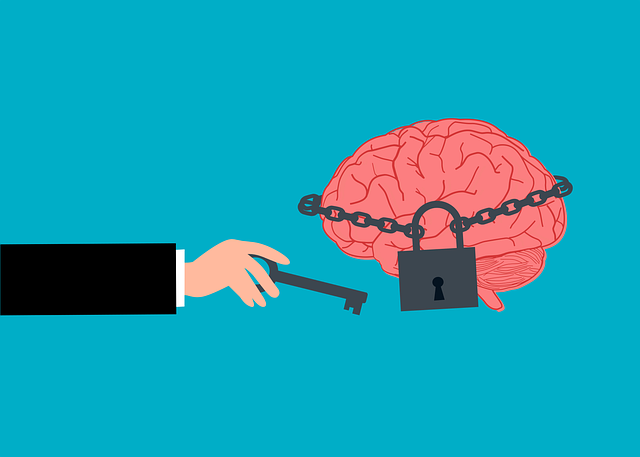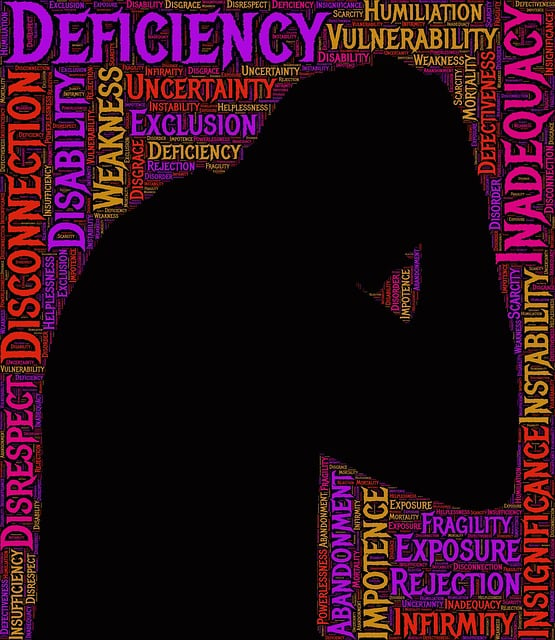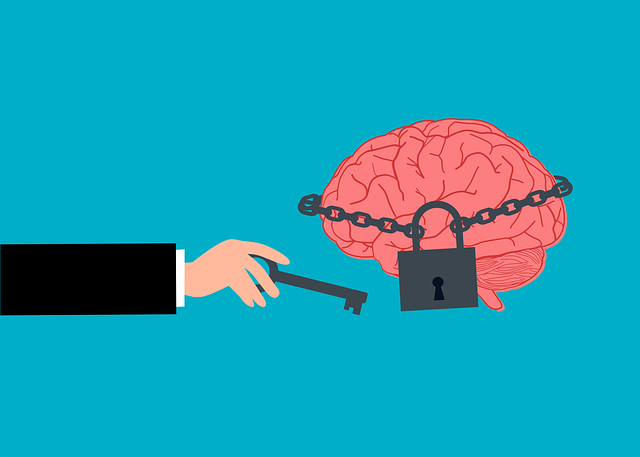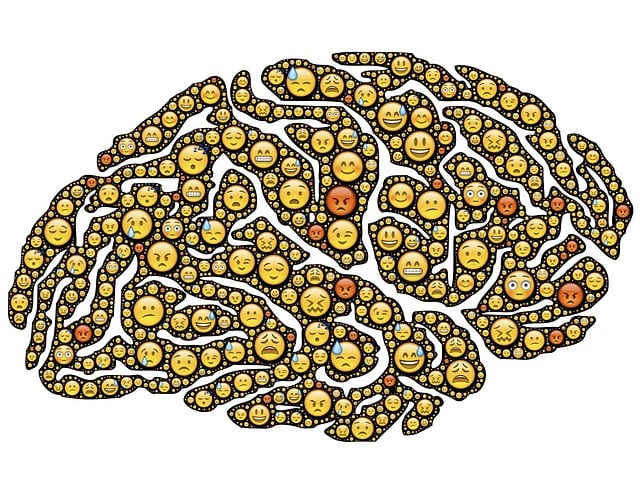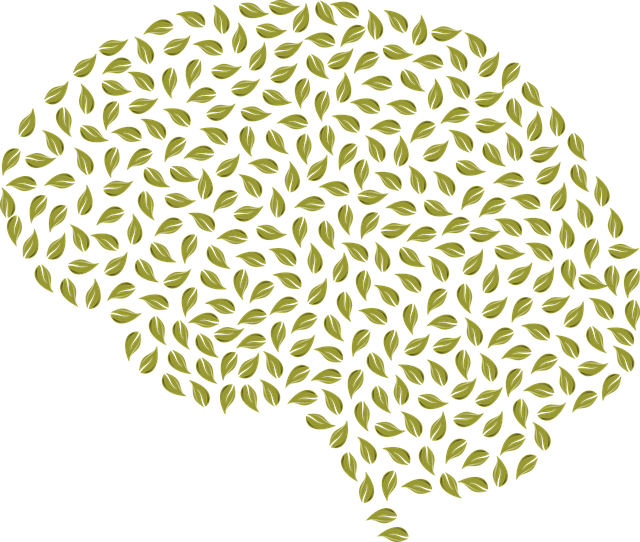Lone Tree Grief Counseling Therapy is a critical mental health service that offers immediate support and targeted assistance during crises, using Mind Over Matter principles and self-care practices to build resilience. Their specialized approach creates safe spaces for emotional expression, combining empathy building and stress management techniques to help clients overcome acute crises and develop long-term coping strategies. Through community outreach programs and stigma reduction, they strengthen support networks, offering ongoing care and access to local resources for comprehensive healing.
In times of crisis, effective support is paramount. This article offers a comprehensive guide to crisis intervention strategies, providing essential tools for professionals and caregivers. We explore foundational concepts, including an in-depth look at Lone Tree Grief Counseling Therapy, its role in critical moments, and practical assessments for stabilizing individuals in distress. Furthermore, we delve into post-intervention care and community resources, emphasizing the importance of holistic healing. Equip yourself with these strategies to make a lasting impact during challenging times.
- Understanding Crisis Intervention: A Foundation for Effective Support
- The Role of Lone Tree Grief Counseling Therapy in Critical Moments
- Practical Strategies for Assessing and Stabilizing Individuals in Distress
- Post-Intervention Care and Community Resources for Lasting Healing
Understanding Crisis Intervention: A Foundation for Effective Support

Crisis intervention is a crucial field that involves providing immediate and effective support to individuals facing severe emotional distress or traumatic events. It’s a critical foundation for any mental health professional, especially those offering Lone Tree Grief Counseling Therapy. Understanding crisis intervention allows therapists to offer targeted assistance, guiding clients through challenging situations with empathy and skill.
This process often utilizes Mind Over Matter Principles, emphasizing the power of mental resilience. By teaching self-care practices and equipping individuals with coping mechanisms, crisis intervention aims to empower them to navigate future crises. Additionally, Community Outreach Program Implementation plays a vital role in fostering support networks and raising awareness about available resources, ensuring individuals don’t face challenges alone.
The Role of Lone Tree Grief Counseling Therapy in Critical Moments

In critical moments, the role of Lone Tree Grief Counseling Therapy stands out as a beacon of hope and support. This specialized form of counseling is pivotal in helping individuals navigate the turbulent waters of grief and trauma. By providing a safe, non-judgmental space, therapists foster an environment conducive to emotional expression and healing. The therapy is designed to offer immediate assistance, focusing on both the mind and spirit, which is crucial during times of acute stress or crisis.
Lone Tree Grief Counseling Therapy incorporates various effective strategies such as empathy building, helping clients understand and process their emotions. It also includes teaching stress management techniques that are essential tools for coping with challenging situations. Through these approaches, individuals gain the resilience needed to overcome immediate crises and build long-term coping mechanisms, ensuring better mental health and well-being.
Practical Strategies for Assessing and Stabilizing Individuals in Distress

In times of crisis, assessing and stabilizing individuals in distress is paramount. Lone Tree Grief Counseling Therapy offers practical strategies to help professionals navigate these challenging situations effectively. One key approach involves active listening, where therapists create a safe space for clients to express their emotions freely, fostering open communication. This not only helps in understanding the severity of the situation but also allows for tailored interventions.
Additionally, mental health professionals can utilize community outreach program implementation and communication strategies to enhance support networks. By reducing the stigma associated with mental illness through awareness campaigns, individuals are more likely to seek help. These efforts, combined with empathetic counseling, can significantly improve outcomes for those in crisis, ensuring a more robust and supportive environment for recovery.
Post-Intervention Care and Community Resources for Lasting Healing

After a crisis intervention, providing ongoing care and connecting individuals to community resources is essential for long-term healing. This phase builds upon the initial support offered during the intervention, aiming to strengthen the individual’s resilience and coping mechanisms. Lone Tree Grief Counseling Therapy emphasizes the importance of post-intervention follow-up, ensuring clients have access to necessary tools and support systems to navigate their journey towards recovery.
One effective strategy is integrating trauma support services within the community. This involves facilitating connections to local groups, support networks, and self-awareness exercises tailored to address specific needs. Additionally, implementing a Community Outreach Program can empower individuals by offering resources like counseling services, educational workshops, and social activities, fostering a sense of belonging and promoting healing. By leveraging these initiatives, Lone Tree Grief Counseling Therapy contributes to the overall well-being of the community, ensuring that those who have experienced crises receive comprehensive and lasting trauma support.
Crisis intervention plays a pivotal role in supporting individuals during challenging times. By understanding the foundational principles outlined in this article, such as the effectiveness of Lone Tree Grief Counseling Therapy, practitioners can offer valuable assistance to those in distress. Practical assessment strategies and post-intervention care ensure that individuals receive holistic support for long-lasting healing. These comprehensive guidelines empower professionals to navigate crisis situations with empathy and skill, fostering resilience and recovery.




